Rabbis around the country are preparing to deliver some of their most important sermons of 2019 this Rosh Hashanah. We asked three of these rabbis what most inspired them to write these messages.
Rabbi Neil Sandler, Ahavath Achim Synagogue of Atlanta, Georgia
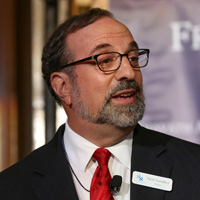 “More than anything, as I prepare one of the High Holiday messages I will share with my congregation this year, I know that my inspiration is Harry. Yep, without a doubt, it’s Harry.
“More than anything, as I prepare one of the High Holiday messages I will share with my congregation this year, I know that my inspiration is Harry. Yep, without a doubt, it’s Harry.
Harry is a plumber who has been in our home three times in the last year or so. He’s a hulk of a man, towering way over me…and he always has a smile on his face. Harry is happy, but earlier this summer I learned what troubles him. Harry was explaining to me in some detail how I myself could take care of a plumbing problem. I listened, but somewhere along the line, I lost him and tuned out. “Harry,” I said, “I’m sorry but my mind is on other things.” Harry responded, “I know what’s on your mind. My Daddy taught all of us to be respectful and care about each other. He said America was the greatest country in the world, the land of opportunity for all. But right now, I am pretty worried about what’s going on in this country.” At that moment, I knew that Harry’s concerns about America, concerns that you and I share, had to be addressed.
Not long ago, the Rabbinical Assembly offered my colleagues and me the opportunity to hear from Dr. Richard Haas, President of the Council on Foreign Relations (and member of Park Avenue Synagogue in New York). Dr. Haas was blunt. He said, “If you’re not worried (about our country), you’re not paying attention.” He went on to suggest that past assumptions about the seemingly automatic transmission of worthy American values to future generations can no longer be assumed.
It’s quite easy to become depressed when we look at some of the most significant currents and challenges in our country. I need not rehearse them here because you know them well. So how do we keep from just throwing up our hands in resignation and avoid losing hope in the future?
I encourage you to read Jon Meacham’s book, The Soul of America: The Battle for Our Better Angels. In his routinely brilliant manner, Mr. Meacham places our troubles of today into an historical context of the United States to provide us with a modicum of hope, if not complete reassurance. I have some other thoughts, too.
Spend some time with your machzor (High Holiday prayer book), perhaps even before you enter your synagogue on the High Holidays. “Hayom harat olam…today is the birthday of the entire world;” possibility abounds! We are not wedded to recent past ways. “U’teshuvah, u’tefillah u’tzedakah ma’avirin et ro’ah hagezerah.” Our actions, we are told repeatedly, can make a difference to us and to others.
And that, my friends, is the prescriptive direction all of us should take now in this troubled country we love. We cannot rely on “them.” We can demand better of our leaders, but we must act in truly caring, uplifting and healing ways toward genuine tikkun in America.
Thanks for the reminder, Harry.”
Rabbi Robert Eisen of Congregation Anshei Israel in Tucson, Arizona
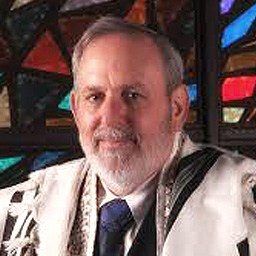 “As I have been preparing for the onset of the Yamim Nora’im (The Days of Awe), what has inspired me the most is the image of the people. Not the ‘ego image’ of standing in front of a congregation that is ‘a little bit larger than usual.’ Rather, the image of so many people (myself included) who, as different and unique as each might be, return home to be at one with themselves, with each other and with God.
“As I have been preparing for the onset of the Yamim Nora’im (The Days of Awe), what has inspired me the most is the image of the people. Not the ‘ego image’ of standing in front of a congregation that is ‘a little bit larger than usual.’ Rather, the image of so many people (myself included) who, as different and unique as each might be, return home to be at one with themselves, with each other and with God.
There are so many faces…some happy, some sad, some angry, some at peace, some lonely, some bursting with heartfelt love. There are (seemingly) empty seats, which are now populated by ghosts and the memories of the moments that made our lives so much more. And, there are chairs warmed by the souls of those who, though perhaps currently strangers, will make our community so much more of a family.
I am inspired by these images of what I know I am going to see because they remind me about everything that is hidden behind the administrative work that takes up so much time and effort. There are checklists and timelines and purchase orders and trainings and mailings and emails and Facebook posts and advertisements, and any number of things I do that have become so regular I do not even think about them anymore. And, as much as those things are so much a part of the ‘What’ this time of the year is all about, they have little, if anything, to do with the ‘Why.’
What inspires me most…empowers me to spend the time preparing for the Yamim Nora’im as I do…is the people—that we are Jewish people and that deep down we are ‘one.’ The image of our people empowers me to renew my faith in God, in each other and in myself and reminds me that because we come together as we do, we will get through the ‘Awe’ of these days and find the New Year providing us with the opportunity, and the means, to make our lives what we want and deserve them to be.”
Rabbi Jeffrey Abraham of Congregation Agudas Achim in San Antonio, Texas
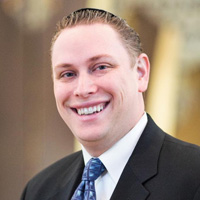 “Connectedness is what has inspired me in preparing my sermons for this year’s High Holidays. I am frightened by the growing lack of discourse in our country. Regardless of one’s political views, we used to be able to be in a room and civilly disagree. Now, particularly on social media, I have seen congregants attacking each other and not even willing to try to understand where the other side is coming from.
“Connectedness is what has inspired me in preparing my sermons for this year’s High Holidays. I am frightened by the growing lack of discourse in our country. Regardless of one’s political views, we used to be able to be in a room and civilly disagree. Now, particularly on social media, I have seen congregants attacking each other and not even willing to try to understand where the other side is coming from.
In observing this, I have been inspired to find ways to connect people with each other on different levels. It is important that we see past our differences and better understand what unites us rather than what divides us. Judaism and our synagogues need to be places that bring us together to reach higher spiritual levels, rather than dividing us further through political discourse. I am not naïve enough to think I can cajole disparate viewpoints to agree on anything. My real fear is that I see factions inside of factions.
It seems like yesterday it was just “chocolate versus vanilla.” Now we have custards, sorbets, lactose free, sugarless, gluten free and so on. Who would have ever thought we would have a similar number of antagonistic viewpoints in what was so simple not long ago? There is not a better time to start than on the High Holidays. My inspiration is to find the ingenuity in our liturgy that will bring my community to a higher level and unite us on these High Holidays.”
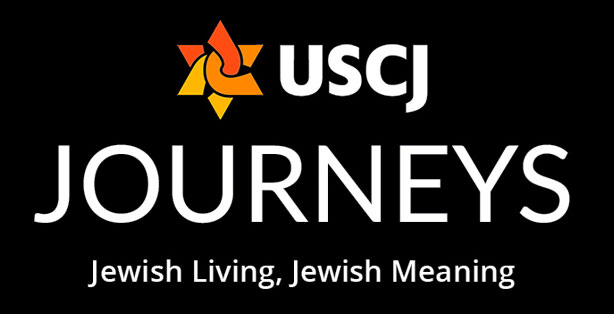
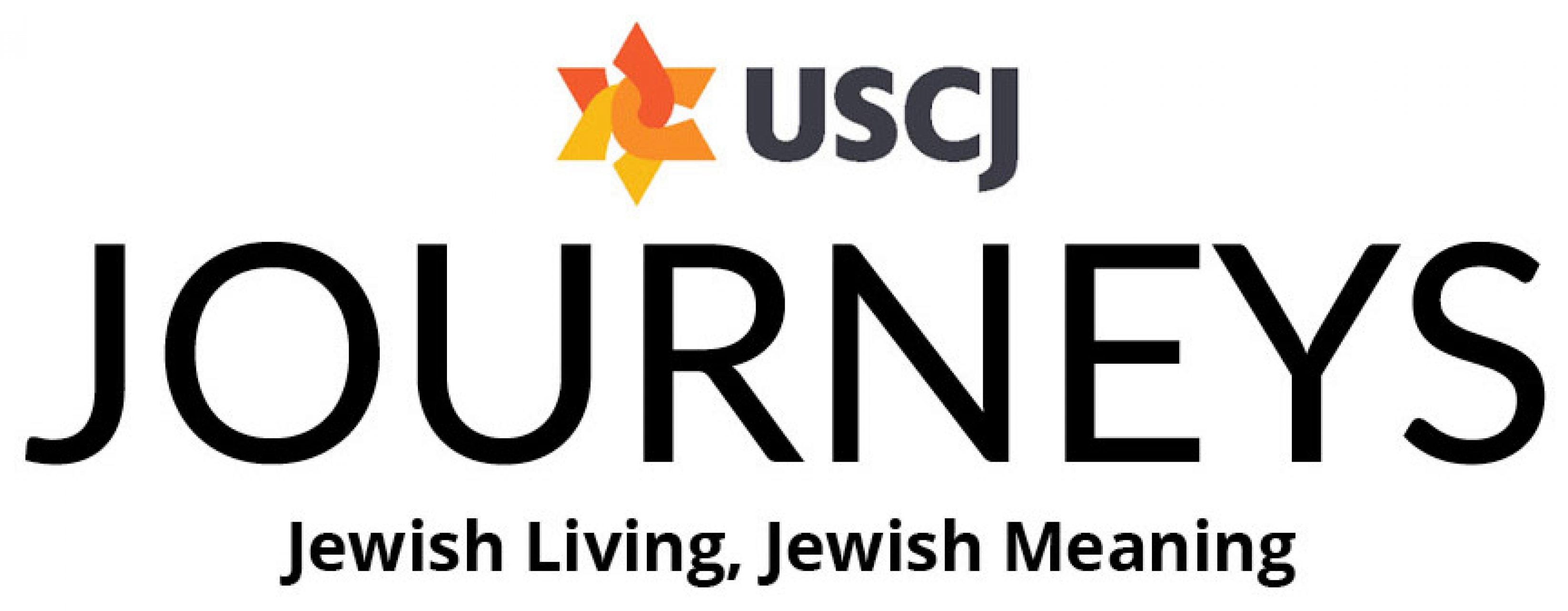
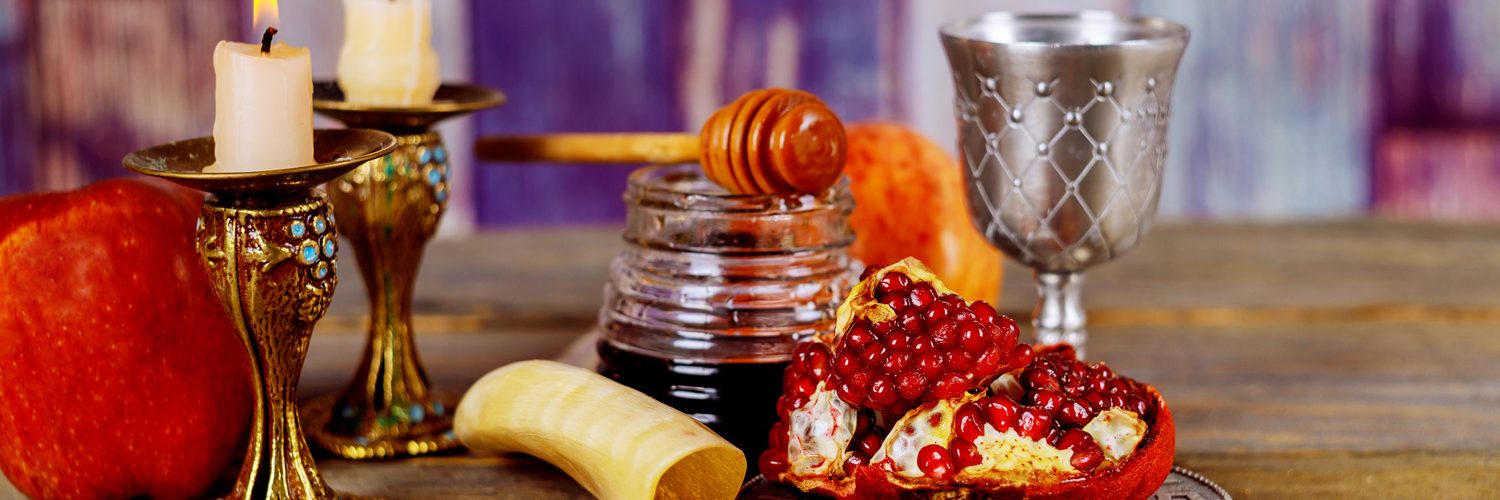

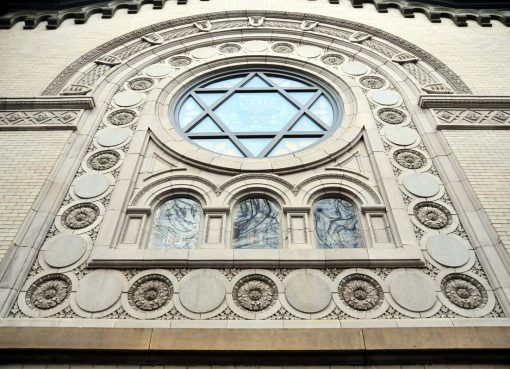
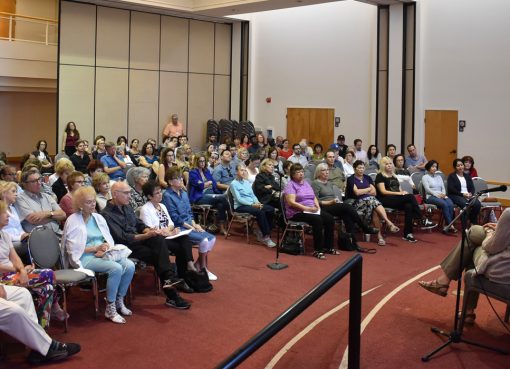
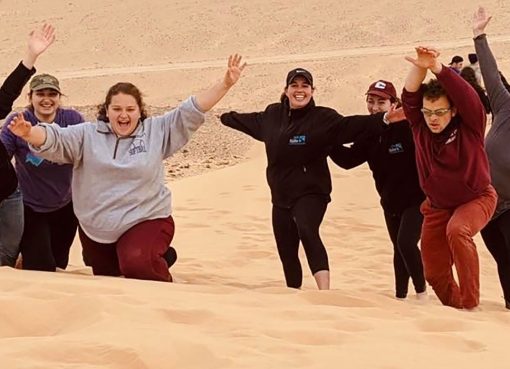

Comment here